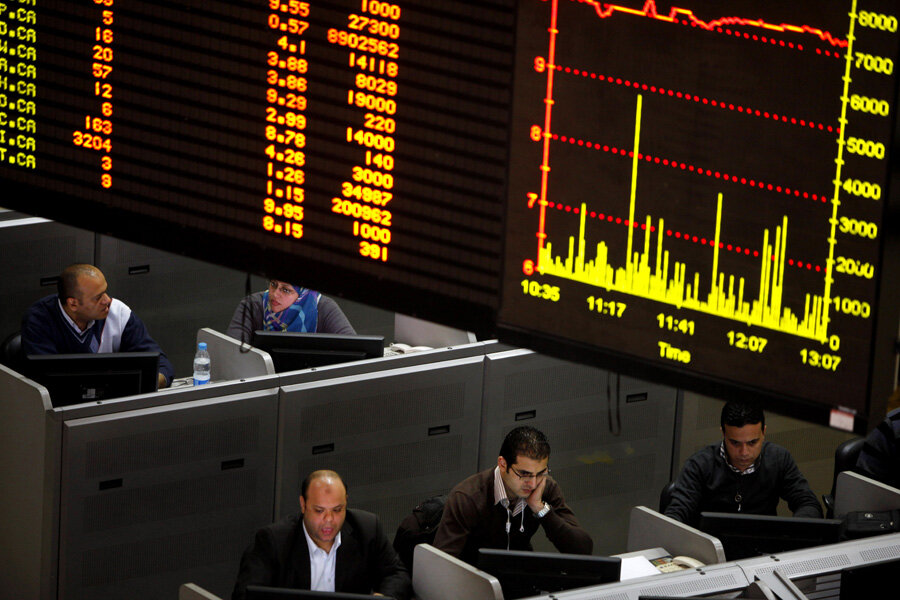

U.S. equity futures hinted at recovery from Wednesday’s retreat, even as a sell-off intensified across bond markets worldwide.
S&P 500 contracts added 0.2%, while Europe’s equity benchmark slipped 0.4%, falling under its 200-day moving average for the first time since March. While many investors had believed that the Federal Reserve was done raising interest rates, that’s no longer a sure thing after minutes from last meeting suggested officials are considering tighter policy.
The moves across bond markets have been sharp and swift this week. The 10-year Treasury yield rose three basis points to 4.29% on Thursday, approaching the highest level since 2007. In the UK, equivalent maturity gilts were at 4.71%, the highest since the financial crisis of 2008. Japan’s 20-year bond yield surged after a debt auction drew tepid investor demand.
“Markets are taking the prospect of another hike from the Fed increasingly seriously, with futures now pricing in a 45% chance of a further hike by the November meeting,” Deutsche Bank AG strategist Jim Reid wrote. “Investors are adjusting to the fact that rates could remain at a higher level for some time.”
Treasuries have been a key driver of the global debt selloff as resilience of the world’s largest economy defies expectations that a run of Federal Reserve interest-rate hikes would spark a recession. In the UK, the surge in gilt yields comes after sticky inflation and strong wage data boosted investor bets that the Bank of England will need to raise interest rates further to 6% and keep them high for longer.
In corporate news, BAE Systems Plc agreed to buy the aerospace division of soda-can giant Ball Corp. for $5.6 billion. Shares of BAE fell as much as 4.8% in London, its biggest drop in nine months, as investors weighed the cost of the purchase.
China also continued to weigh on sentiment. The picture emerging from property agents and private data providers suggest the slump in the real estate market may be worse than official reports show. These figures show existing-home prices falling at least 15% in prime neighborhoods of major metropolitan areas like Shanghai and Shenzhen.
China ramped up its efforts to stem losses in its currency on Thursday by offering the most forceful guidance since October through its daily reference rate for the managed currency. The offshore yuan slipped against the greenback.
“Equity markets are currently faced with two headwinds — first, real rates are surging again, as the US economy is showing numbers consistent with an economic recovery,” said Florian Ielpo, head of macro research at Lombard Odier Asset Management. “Second, China is starting to emit dire signals that must remind investors of the awful summer 2015, with a troubled housing market and shadow banking system.”
Key events this week
Some of the main moves in markets:
Stocks
Currencies
Cryptocurrencies
Bonds
Commodities
This story was produced with the assistance of Bloomberg Automation.

B. Riley Financial's share price has dropped more than 68 percent over the past 12 months.

The defectors, separately located in the Chicagoland and Texas, reportedly managed more than $260 million combined.

Most of the proceeds withdrawn from the client's IRA actually went to an account and was used for a third party's benefit, according to CFP Board order.

Founder of Chicago-based trading powerhouse, whose crypto trading unit has been in the regulator's crosshairs, pans the Gensler-led agency's efforts as 'not good uses of taxpayer dollars.'

The fintech startup's latest executive hire will lead its efforts in building next-generation portals for clients and advisors while building a new foothold in Florida.
Streamline your outreach with Aidentified's AI-driven solutions
This season’s market volatility: Positioning for rate relief, income growth and the AI rebound
